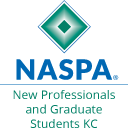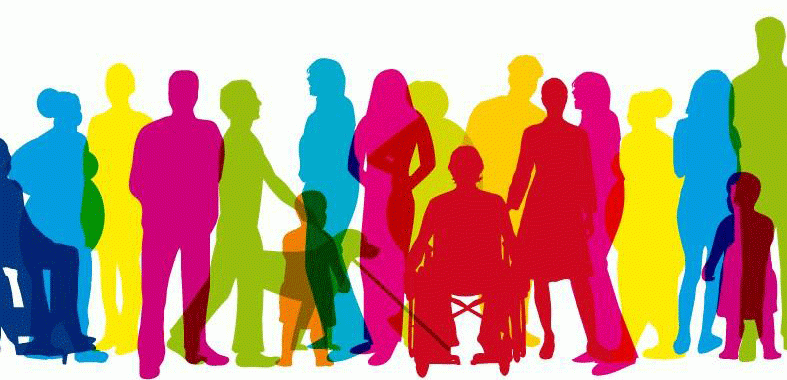Engaging White Professionals in Race Conversations
Written By: Amy Fitzjarrald
*This post was originally published on www.naspa.org on November 28, 2016*
I recently made a major life transition – I left behind everything I’ve ever known in the cornfields of Illinois at a Predominately White Institution (PWI) to work at a Hispanic Serving Institution (HSI) in Houston, Texas. I am still in my first few months of transition, which provides many lessons in itself, but I want to focus on the lessons I learned in Illinois during my first full-time position. I want to get uncomfortable and vulnerable, so I can share my lessons about being a white staff member connecting with the small community of students of color on campus. I have divided my lessons into four sections based on quotes from my students to me.
“I don’t know how to answer questions, because I don’t know everything.”
Being at a PWI, many students of color are put in a place where they have to be the token representative for their community. In conversations, I tell people I can’t even be a spokesperson for all white people – I’ve been asked why white people like to run outside in the cold. I respond, “I can’t answer that because I don’t even run.” If all white people do not have the same experiences, why should we expect all minority groups to have the same experiences? While I can understand that folks are genuinely curious and looking for answers, DO NOT ask students you don’t have a genuine connection with and DO NOT rely on these students to always give you the answers. Educate yourself if you’re curious.
“It’s not mandatory, so the people who want to talk about diversity want to come and those who need it, don’t show.”
Students of color put on many programs – I saw open mic nights, conversations about cultural appropriation, student union parties, etc. What I didn’t see was a mass of white folk at these events. During a service learning trip, I experienced students of color and white students dialoguing about diversity. White students indicated they felt minority group programs were only for minority groups, while the students of color kept telling white students they wanted them at these events. My lesson here? Just show up in these spaces. Feel uncomfortable being one of the few white people there? Think about how that might feel to live with that feeling daily on a PWI.
“You’re the most woke white person I’ve ever met.”
Just like students of color don’t have all of the answers; I don’t have all of the answers either. I’m still learning. I still participate in systemic racism that I know I am not aware of. But, I show that I understand underrepresented groups are going through experiences that I see and I attempt to raise awareness through conversations and social media posts.
“I’ve never heard a white person say they have privilege before.”
Many white folks seem to shut down in conversations about privilege. It’s hard for white folks to admit they have privilege, so when I talk to students of color about white privilege, it’s something new to them. I also attempt to talk about white privilege in ways that are not controversial or attacking, but rather in ways to bring awareness to ways that white folks have privilege. I have had good responses from the white students I have made this approach with so far, but I am always learning.
As a new professional, I am learning a lot of lessons. I chose to focus on issues of diversity and race, in particular, because there need to be more conversations about white privilege and white professionals engaging and supporting students of color.
 Author: Amy Fitzjarrald – Amy Fitzjarrald is the Program Coordinator for Retention & Student Success at the University of Houston. She is involved in the Knowledge Community Online Publication Committee, SLPKC Awards Review Committee, and the 2016-2017 Excellence Awards Review Committee. Amy can be reached by phone at 713-743-8632, by email [email protected], or on Twitter at @afitzja2.
Author: Amy Fitzjarrald – Amy Fitzjarrald is the Program Coordinator for Retention & Student Success at the University of Houston. She is involved in the Knowledge Community Online Publication Committee, SLPKC Awards Review Committee, and the 2016-2017 Excellence Awards Review Committee. Amy can be reached by phone at 713-743-8632, by email [email protected], or on Twitter at @afitzja2.

